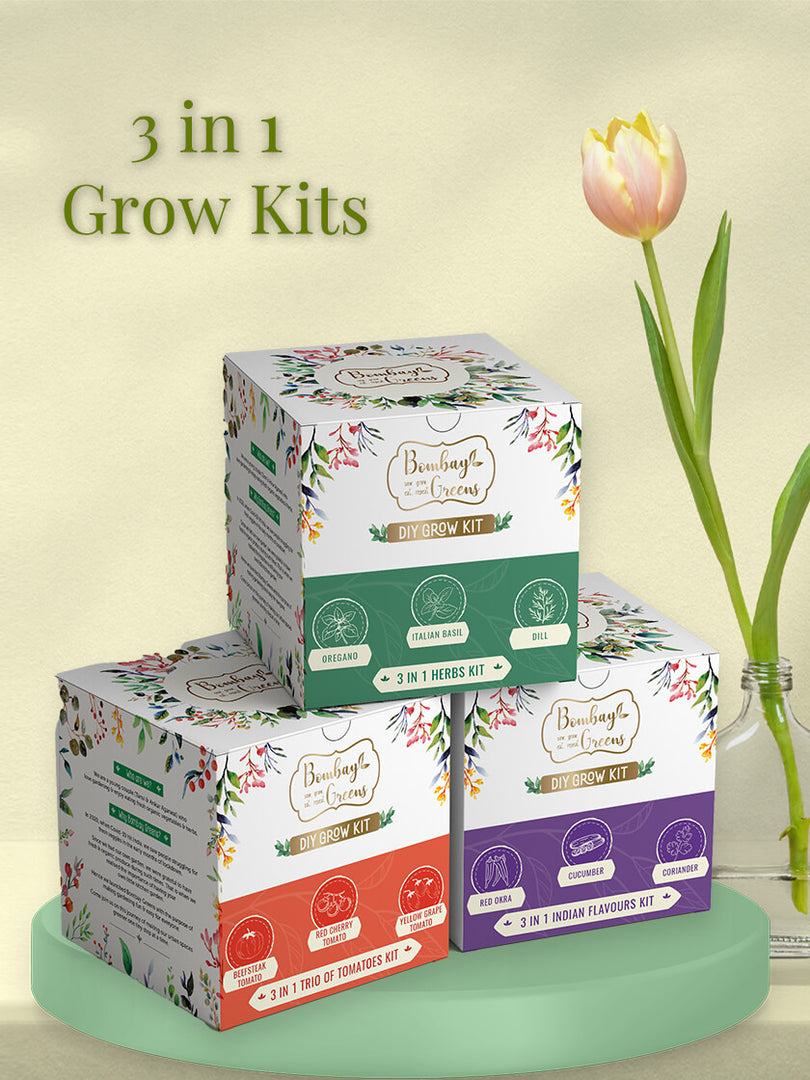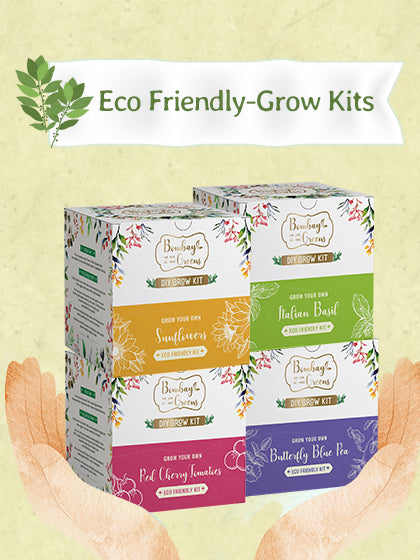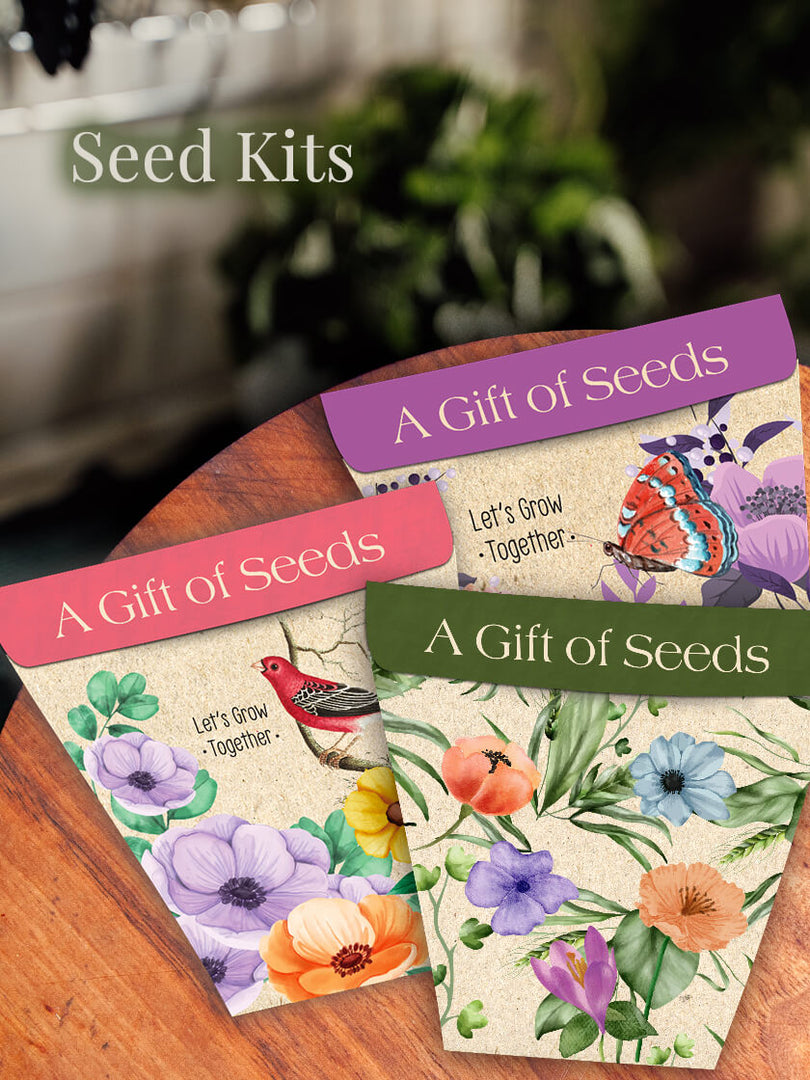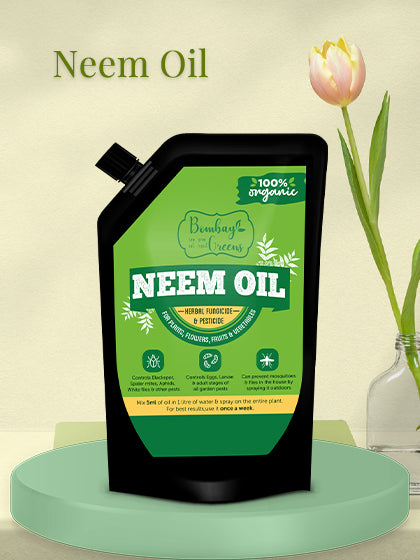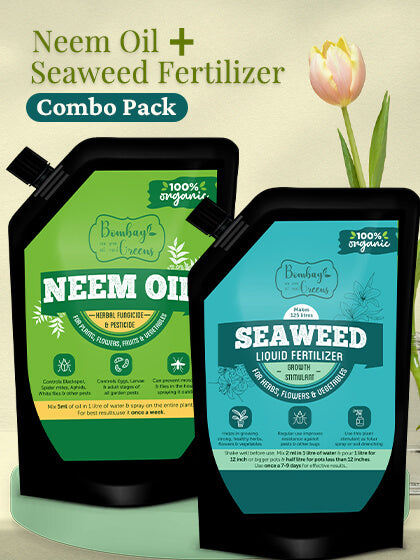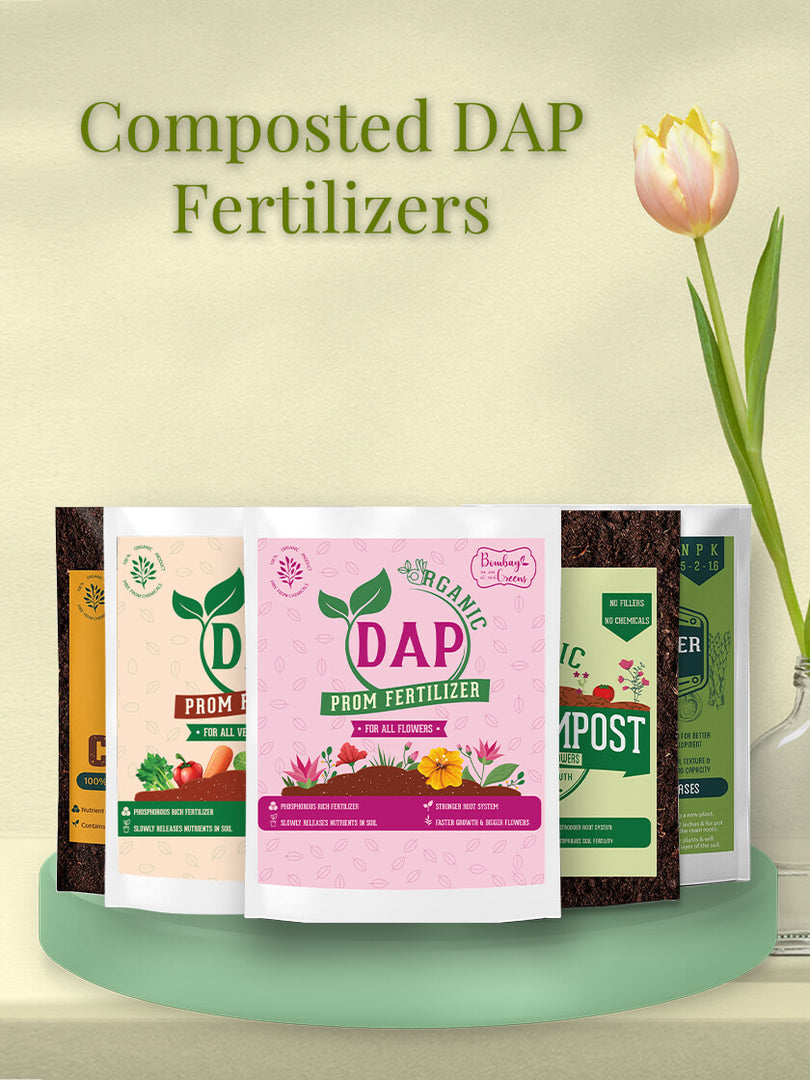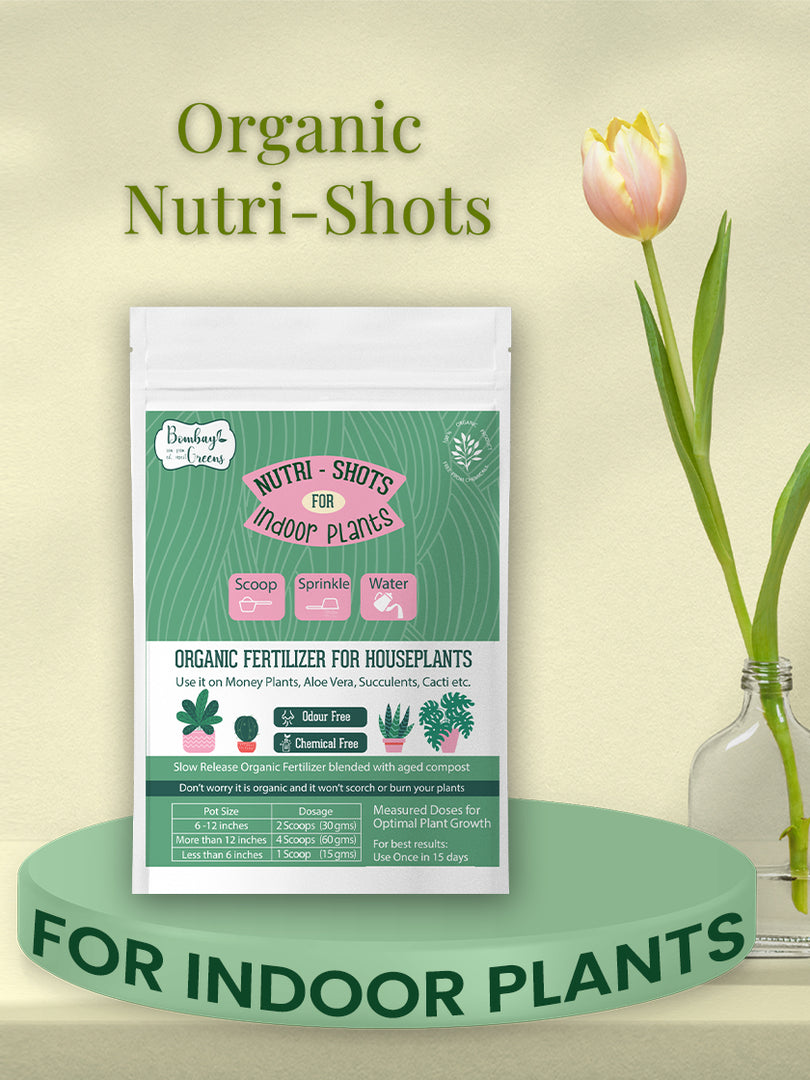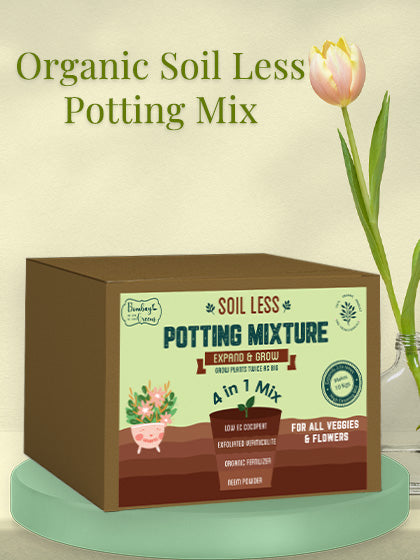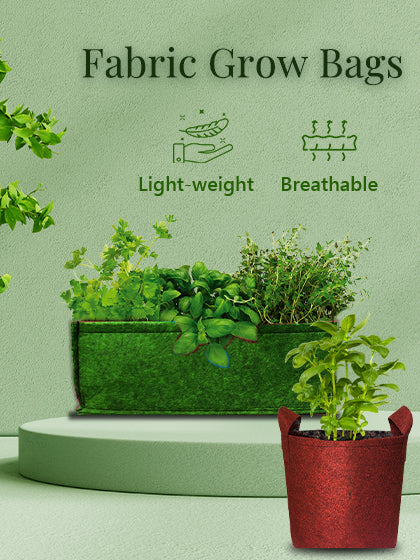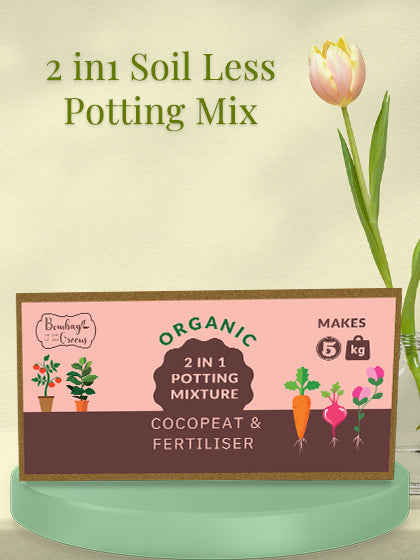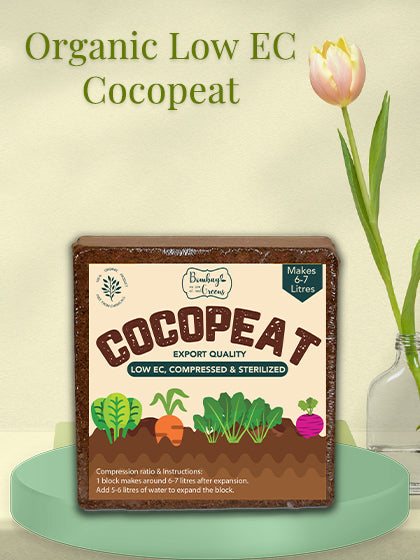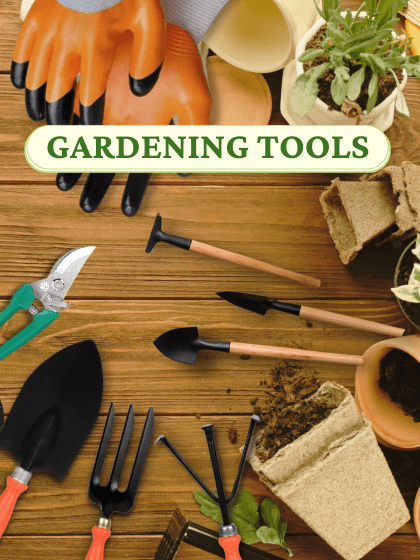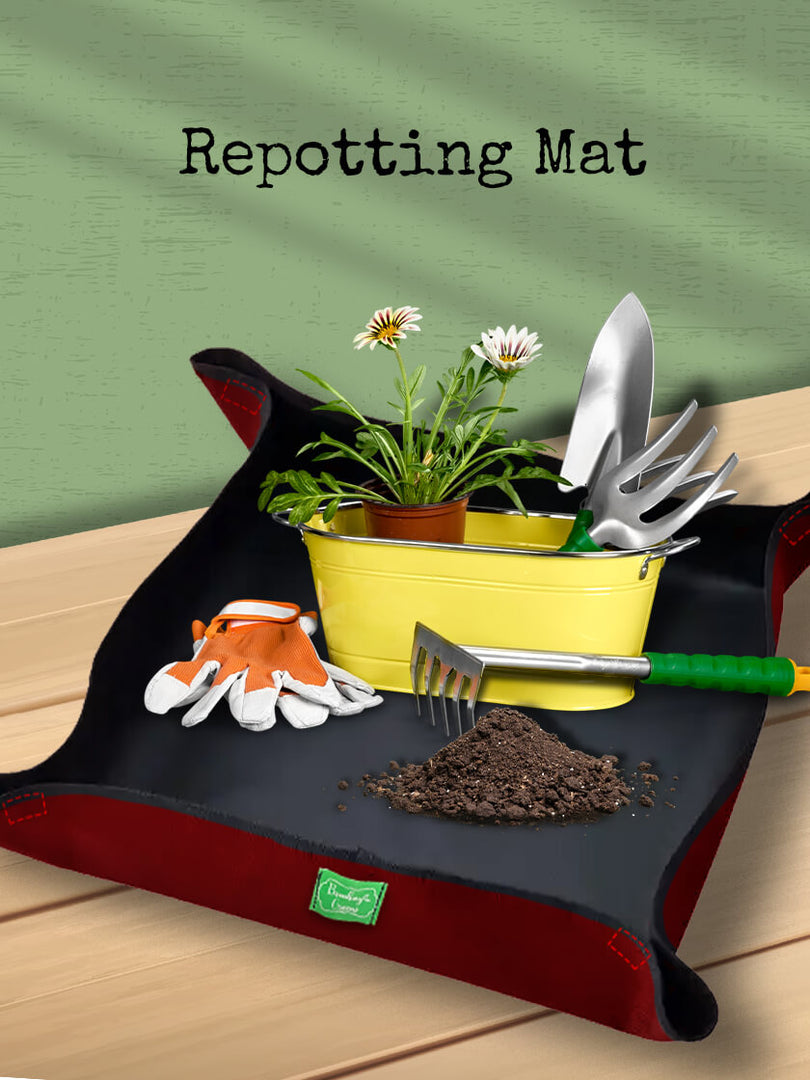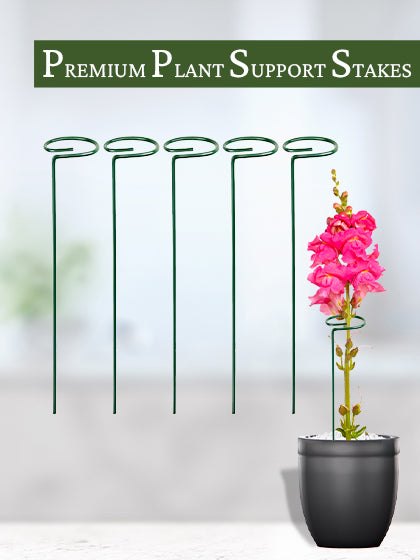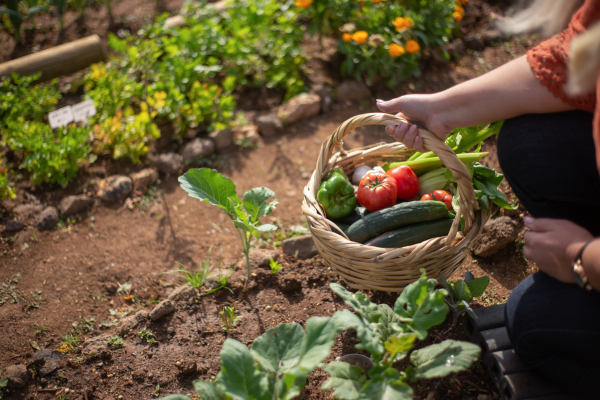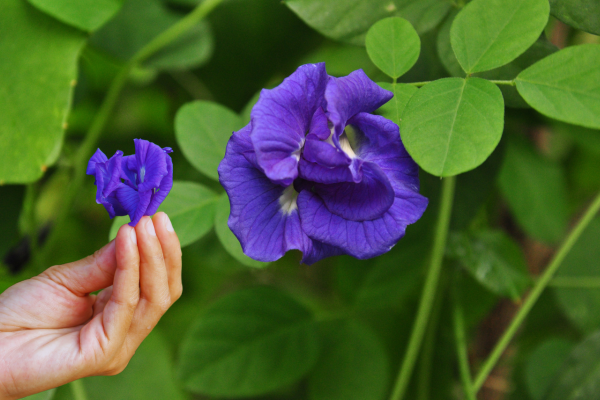How to Prepare Your Garden for the Summer Season?
| What's in the article: |
The changing weather comes as a ray of sunshine for many. Summers mean long sunny days, beachside walks, vacations, flowers, lush green gardens, and whatnot! Before this summer fever occupies you, let's look at your garden, which is already tired of the gloomy weather and small leaves and buds ready to bloom.
Gardening in the summer season could be a challenging task, especially when you are planning to grow new and seasonal plants in your garden. For a head start, you can rely on the right preparations, changing the soil, adding manure, and more. Whether you have a grand backyard or limited balcony space, following essential gardening tips will help you keep the saplings healthy. Let's get into the step-by-step guide for summer garden maintenance tips.
Step-By-Step Guide to Prep Your Summer Garden
The secret to a successful summer garden is ‘Right Preparation.’ Your plants will stay robust and lush if you take the proper precautions before the hottest part of the year.
Preparing the Soil for Summer Growth
Healthy soil is the foundation of healthy plants! It's crucial to give your soil some much-needed TLC before summer arrives.
- Let the Soil Loosen
Plant roots find it challenging to absorb water and nutrients in hard, compacted soil. To improve drainage and air circulation, loosen the soil using a garden fork or tiller.
- Include Organic Materials
To provide nutrients to the soil, mix with compost, old manure, or organic fertilizers. For plants to withstand the summer heat, moisture retention is essential. For Example, adding composted kitchen trash to your vegetable garden can supply vital nutrients for strong plant development.

Choosing the Right Summer Plants
Not every plant can withstand the intense summer heat. A summer garden's success depends on the plants you choose. Top Plants for Gardening in the Summer
Vegetables: Hot weather is ideal for tomatoes, okra, cucumbers, brinjals, green chillies, and gourds.
Flowers: In the summer, marigolds, sunflowers, periwinkles, and zinnias all blossom exquisitely.
Herbs: Even in warm climates, coriander, lemongrass, mint, and basil thrive well.
Look for plants that are best suited to your environment at nearby nurseries if you're not sure what to grow!
Advice: If you reside in a really hot area, stick to plants that can withstand drought. These plants can withstand arid circumstances and require less water.
Watering Strategies for Hot Weather
Gardening in the summer season gets tricky if you are not aware of the right way to water your plants. Here are tips to get it right:
- Watering plants in the morning or late at night
During the scorching heat hours, there is a rapid evaporation problem that leads to minimum water to be consumed by plants, so choosing early morning or evening hours watering is best for water absorption by plants.
- Water deeply, Not Frequently
Watering daily isn't enough! Do not water the plants daily, instead focus on watering deeply two or three times a week so that it reaches the roots properly.
- Make use of self-watering pots or drip irrigation
Consider drip irrigation systems for consistent, gradual watering if you frequently travel or frequently forget to water. Also, you can use self-watering pots for an easier process. Example: By converting to a drip irrigation system, a gardener in Rajasthan was able to save 50% of the water!
Providing Shade and Protection for Plants
Plants also require protection from extreme heat, just like humans require shade to avoid the summer sun.
- Make use of green nets or shade cloths
If your plants receive too much direct sunshine, place a shade cloth (30–50% density) over sensitive plants, such as flowers and leafy greens.
- Put Potted Plants in a Group
Pots that are placed close to one another have less heat stress and can hold onto moisture longer.
- Use ground covers to protect the soil
Low-growing ground coverings, such as sweet alyssum or creeping thyme, can help retain soil moisture and keep it cool. Advice: During periods of intense heat, relocate any hanging plants to a shaded spot. Plants also require protection from extreme heat, just like humans require shade to avoid the summer sun.
Pest and Disease Management in Summer
Managing plant health is crucial to summer garden maintenance tips. As warm weather also welcomes new pests and diseases in plants, you can protect them with a little expert advice:
- Pay Attention to Frequent Pests
Aphids, whiteflies, and spider mites are pests that can swiftly harm plants and are found in warm climates.
- Make Use of Natural Pest Management
Try the following in place of chemical pesticides: Neem oil spray, which is excellent for keeping pests away. A do-it-yourself bug repellant made of garlic and chilli. Flowers of marigolds (which naturally repel harmful insects)
- Avoid Infections by Fungi
Root rot and powdery mildew can be brought on by summer humidity. To avoid this, make sure there is adequate air circulation around plants and keep leaves dry after watering.

Pruning and Deadheading for Healthy Growth
Regular pruning is usually the most forgotten part of summer gardening tips! Here is what needs to be done:
- Remove any dried or dead leaves
Cutting withered or dead leaves allows plants to save energy for future growth
- Deadheading Flowers for Better Bloom
To encourage plants to bloom more during the summer, clip off faded petals.
- Trim Overgrown Trees
Fungal infections can result from overgrown branches obstructing ventilation. Pruning plants carefully maintains their health and control.
Conclusion
Just a little effort during summer gardening can make a big difference in your yield. You can easily follow the given summer gardening tips at your own convenience. On the other hand, you can also seek help from the top gardening experts, 'Bombay Greens'. You can get all the essential DIY gardening kits, pots, gardening products, and more with just one click!
FAQs on Best Summer Vegetables
What is the best time to start preparing my garden for summer?
To ensure that plants have solid roots before the hottest summer months arrive, begin preparing your garden in the early spring.
How do I protect my garden from summer heatwaves?
To shield plants from harsh weather, use mulch, shade cloths, and deep watering.
How do you prepare the soil for summer?
Apply mulch to keep the soil moist, loosen the soil, and add organic fertilizers and compost.
What is the most common mistake of first-time gardeners?
Underwatering or overwatering is the most common error. For optimal effects, use a deep yet infrequent watering schedule.

Tanvi Agarwal - Co-founder
Driven by a deep-seated love for nature and a keen entrepreneurial spirit, she co-founded Bombay Greens, transforming urban spaces into thriving green havens. Recognizing the need for accessible and sustainable gardening solutions in the bustling city, she poured her passion into building a brand that empowers individuals to cultivate their own green spaces, regardless of their location or experience. Her vision extends beyond simply selling gardening items; it's about fostering a community connected to nature, one balcony, rooftop, and windowsill at a time.
Back to top

